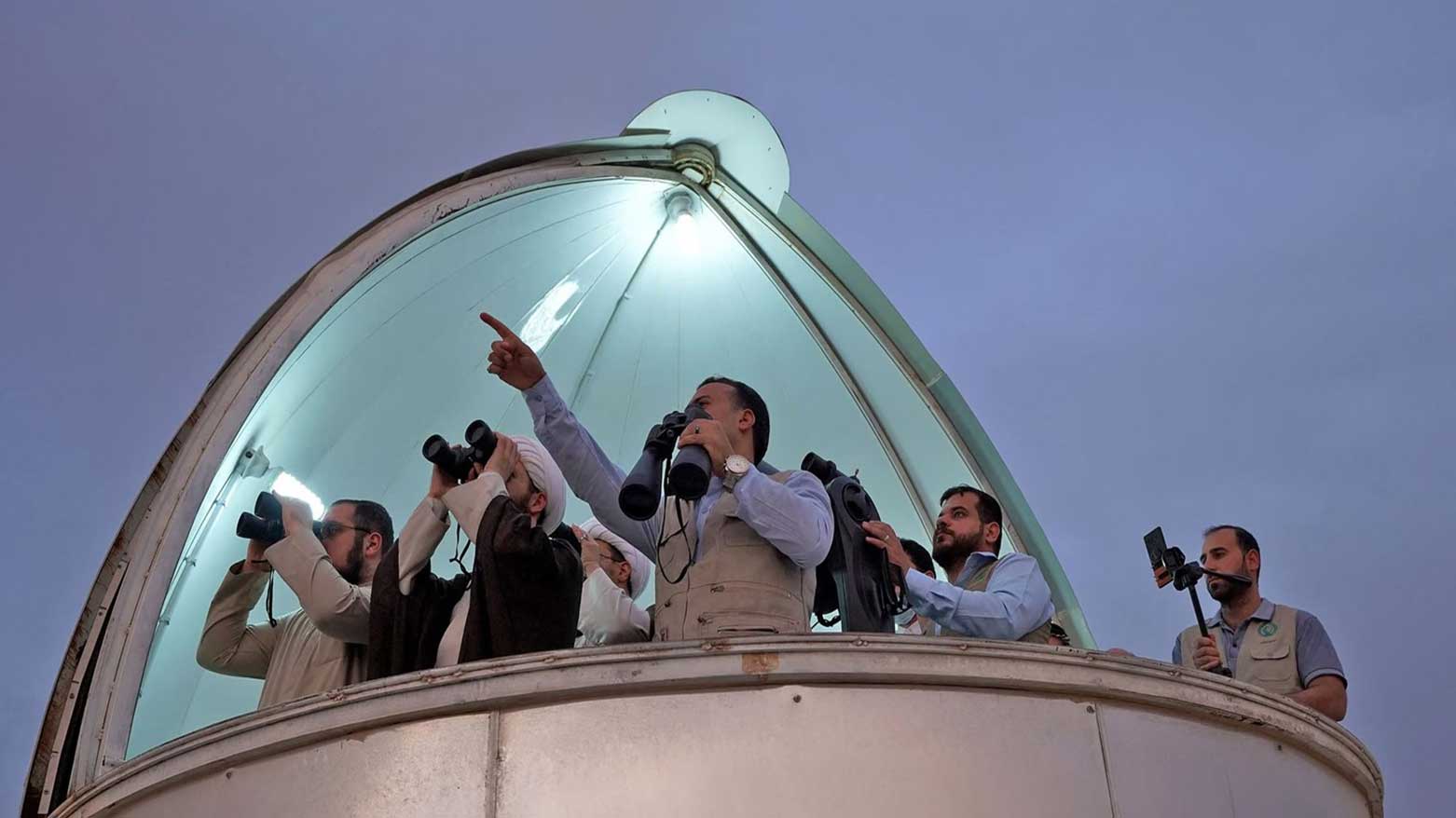Iraq’s Eid Confusion: When Moon-Sighting Becomes a Political Battlefield
However, in a plot twist straight out of a political thriller, these institutions quickly retracted their statements and instead declared that Monday would be the first day of Eid, aligning with Iran and Iraq's Shiite community.

ERBIL (Kurdistan24) – In a display that could rival the most intricate of soap operas, Iraq's religious authorities have once again showcased their unparalleled talent for discord, turning the simple act of moon sighting into a national spectacle of confusion.
The Sunni Endowment Diwan and the Iraqi Fiqh Academy, in a moment of celestial clarity, initially declared that Eid al-Fitr would commence on Sunday, aligning with Sunni-majority countries such as Saudi Arabia, Qatar, the UAE, and Turkey. This announcement was met with relief by many, as plans for celebrations and family gatherings could proceed with certainty.
However, in a plot twist befitting a political thriller, these institutions swiftly retracted their statements, now proclaiming that Monday would mark the first day of Eid, mirroring the stance of Iran and Iraq's Shiite community. This abrupt reversal has left the public bewildered and questioning the independence of religious decision-making in the country.
Meanwhile, other Sunni bodies, including the Fatwa Department of the Association of Muslim Scholars and the Iraqi Fatwa House, have steadfastly maintained that Sunday remains the rightful day for Eid celebrations. Their unwavering stance adds another layer to the tapestry of theological disarray enveloping the nation.
Adding to the cacophony, Iraqi President Abdul Latif Rashid extended his Eid congratulations to the populace, acknowledging Sunday as the commencement of the festivities. Whether the President will stand firm or perform a rhetorical backflip to align with the revised declarations remains to be seen.
الهيئة نت| يعلن قسم الفتوى في هيئة علماء المسلمين للإخوة المسلمين في #العراق ما يأتي:
— هيئة علماء المسلمين في العراق (@amsiiraq) March 29, 2025
1. ثبت شرعًا أن يوم غدٍ الأحد؛ هو يوم #عيد_الفطر المبارك لعام (1446هـ)، الموافق: (30/3/2025م).
2. قسم الفتوى في هيئة علماء المسلمين يغتنم هذه المناسبة ويتقدّم بأصدق التهاني التبريكات للشعب… pic.twitter.com/q3qt1KrX0G
This episode underscores a troubling reality: the apparent susceptibility of religious institutions to political influence, leading to public skepticism and disillusionment. The celebration of Eid, a time meant for unity and joy, has instead highlighted the fractures within Iraq's religious and political landscape.
As families across the nation scramble to adjust their plans, one can't help but marvel at the irony of a country divided not just by politics, but by the very sighting of the moon. Perhaps next year, Iraq’s leaders will turn to astronomers alongside clerics to spare the public from this recurring spectacle. And hopefully, by the next Eid al-Fitr, Iraq will stand more independent, free from regional influences, and able to make its own sovereign decisions about religious occasions without outside interference.
